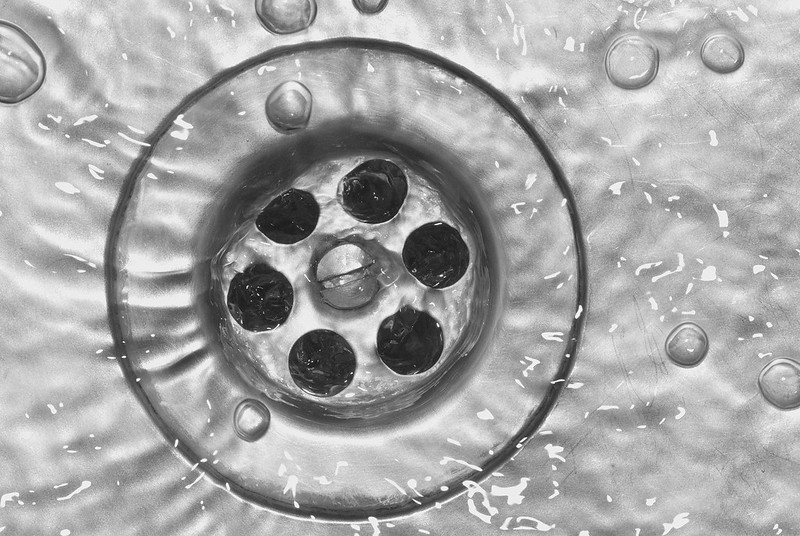Blocked drains are becoming a major concern for homeowners as they can make your home uncomfortable. Sometimes, a clogged drain can cause flooding, sluggish water drainage, and corrosion. In extreme cases, sewage backup or costly repairs may result.
We all try not to put inappropriate substances like large chunks of food left over in the sink. But most times, blocked drains are inevitable. So, we’ll share 8 methods that are effective in unblocking drains. We also advise hiring the best Pipeline Drainage Durham professionals for your drainage repairs and maintenance. These experts can take care of complex drainage issues that a DIY attempt can’t handle.
8 ways to unblock clogged household drains
1. Use a plunger
This should be a common household item if your house has a toilet. But you shouldn’t limit the use of your plunger to your toilets; they can be helpful in kitchen sinks. Foremost, fill the drain with enough water to keep the plunger cup submerged.
Then apply some pressure as you would over your toilet. However, note that this won’t work in kitchen sink drains with a garbage disposal.
2. Vinegar-baking soda mixture
This is one of the most effective ways of unblocking a drain. Mixing vinegar and baking soda create a mixture that fizzes. The resulting solution efficiently breaks down the particles responsible for your blocked drain.
Mix both substances in equal proportions and pour them into the sink. Allow the sink 30 minutes to an hour before flushing with hot water.
3. Use a drain snake
This method is most effective with more serious blockages. Common causes could be hair or grease. Simply push the snake into the sink until you can feel whatever is responsible for the blockage. Turning the snake handle will rotate the blade, breaking down the clog.
Pull out the snake and dislodge the substances from the blades. Repeat the process until you cannot feel any obstructions anymore.
4. Try caustic soda
Caustic soda is also known as sodium hydroxide. This alkaline substance can easily dissolve most causes of clogged drains, including hair and grease. Before handling caustic soda, wear protective gloves and protection for your eyes.
The method implies pouring the caustic soda solution into your drain. Allow the drain a few hours before pouring hot water to clear any leftover residue.
5. Clean the trap
The trap is a U-shaped section of pipe commonly found in kitchen washbasins. It’s the trap because it always contains liquid that blocks sewer gases from entering your home. A blocked drain may result when the trap is blocked.
Place a bucket under the trap to collect any spilled fluids in the trap. Remove the trap using a pipe wrench and remove any blockage you find.
6. Use hot water
This is the simplest remedy for blocked drains and works most of the time. If a greasy substance caused the clog, the hot water would help you to break the substance. Boil a substantial amount of water and pour it into the drain.
If the drain is completely blocked, use an alternative method. Also, don’t use this method if your home uses drain lines made of PVC.
7. Hot water and detergent
Sometimes, your hot water may break down the clog but can’t dislodge it. In such situations, some detergent in hot water will serve as a lubricant for easy passage of the clog or residues. One-fourth of some washing detergent in a bowl of hot water is ideal.
We recommend combining this with the plunger method mentioned earlier to get the most effective results.
8. Use a mixture of salt, lemon, and vinegar.
Salt is an effective substance in unblocking drains due to its abrasive and antiseptic properties. Mix equal amounts of salt and vinegar in a container. Squeeze some lemon into the mixture and pour it into the drain.
After some minutes, pour hot water down the drain to clear the mixture and the objects causing the clog.
Conclusion
Blocked household drains can be a huge concern to your home if not checked in time. The steps we’ve discussed are practical things you can do by yourself. Luckily, most required items, such as salt, detergent, and hot water, are everyday household items.
But you must contact your plumber if you’re not sure of any procedure. This is important to avoid worsening the situation at hand.


